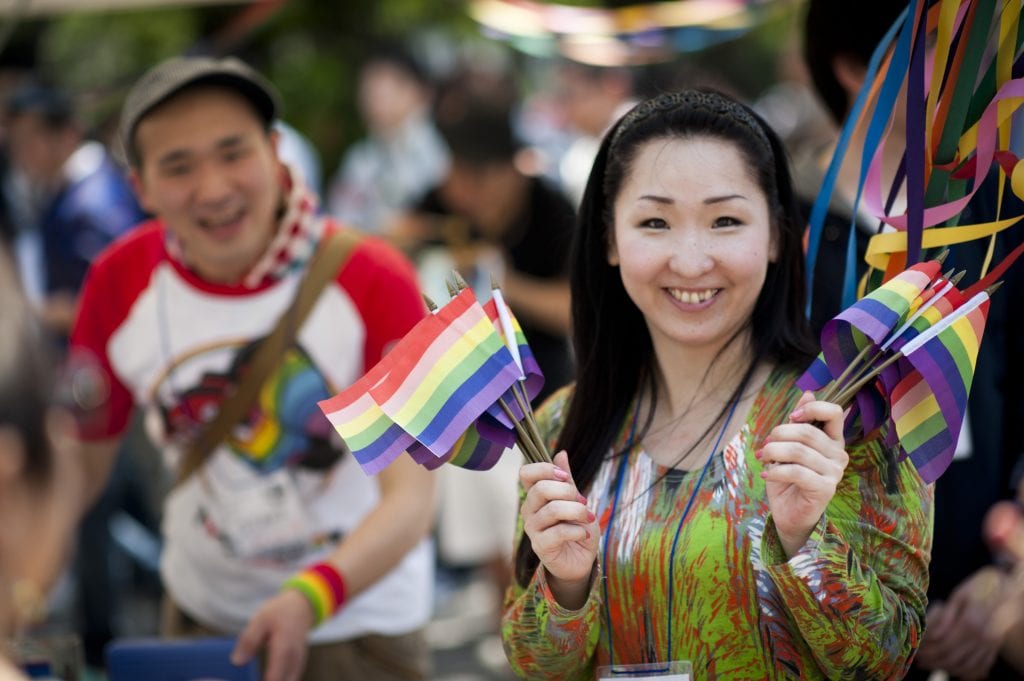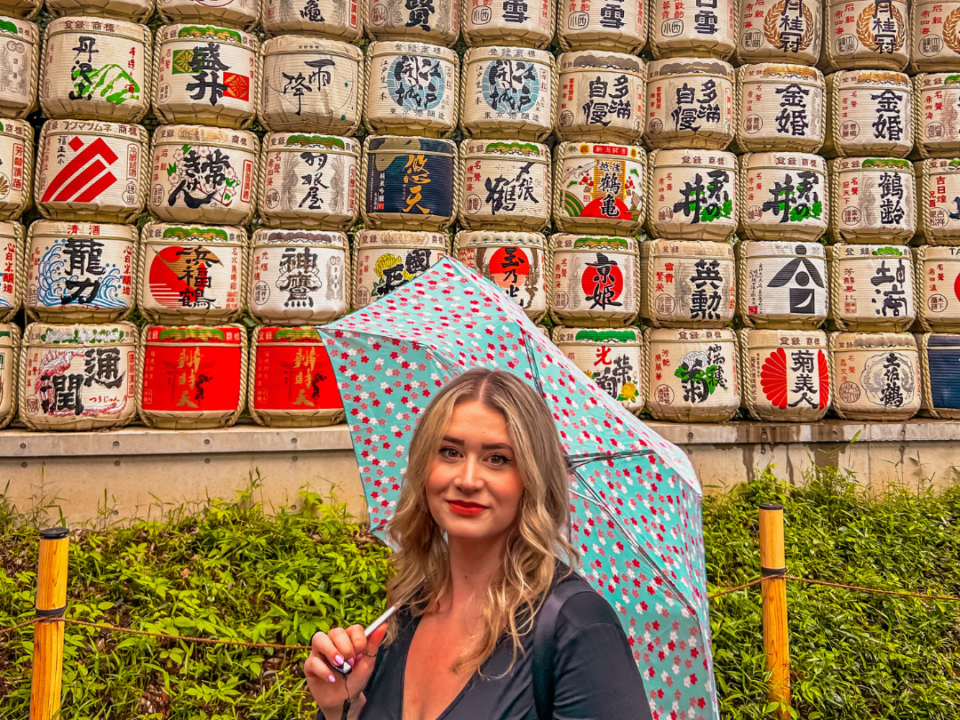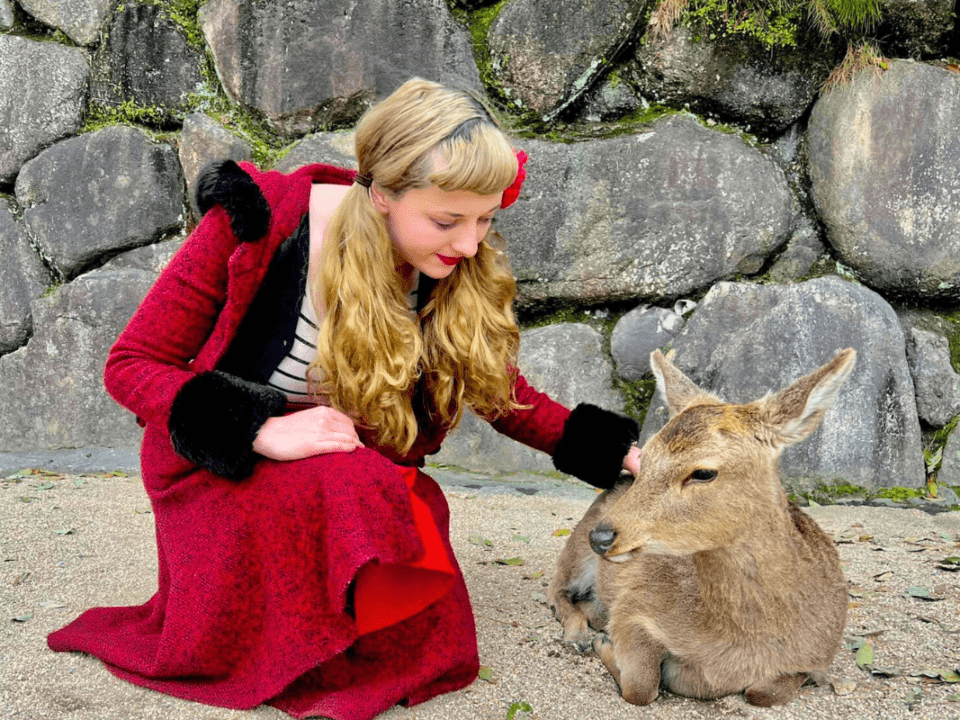If you’re part of the LGBT+ community and about to travel to Japan, you may be wondering whether you can expect a warm welcome. Rest assured that Japan is a safe country for all travellers and you are unlikely to encounter aggressive or confrontational behaviour. The worst you can expect is probably mild bewilderment. We’ve put together a short introduction to being LGBT+ in Japan so that you will be armed with the facts before you take your trip.
The history
Japan has always been a relatively secular country and there is little history of persecution of LGBT people on religious grounds. It was only when Japan became more influenced by the West, that homosexuality began to raise eyebrows. Male same-sex relationships were an accepted part of samurai culture up until then.
Japan was a far less prudish and moralistic society than its Western counterparts. In fact, there are hundreds of examples of same-sex relationships being depicted in pre-modern Japanese art.
Today
While Japanese attitudes remain unswayed by religion, Japan is a conservative society, in which the nuclear family is the ideal. For this reason, a ‘don’t ask, don’t tell’ culture has arisen, leading to many LGBT+ Japanese staying in the closet. This in turn has led to a lack of a cohesive community, particularly outside of the major cities.

LGBT+ individuals in Japan are protected by some discrimination laws, but they have few rights as compared to cis-gendered heterosexuals. As of 2018, six cities have introduced same-sex partnership certificates – which bring some of the benefits of marriage. Same-sex marriage is not recognised, however. The majority of Japanese people support the notion of marriage equality for the LGBT+ community.
LGBT+ travellers in Japan
As a foreign tourist in Japan, you are unlikely to experience any trouble, whatever your orientation or gender identity. As a foreigner in Japan, you will already be viewed as an outsider. Your identity beyond that will be of little concern to most of the people you encounter. There are a number of openly gay or transgender politicians and media personalities in Japan. Therefore, even older generations are used to seeing gay or transgender people in the public sphere.
Major cities such as Tokyo, Osaka, Kyoto and Sapporo all have active and thriving gay nightlife scenes. In Tokyo, the scene is mainly confined to Shinjuki Ni-Chome – an area of narrow streets full of gay bars. Here’s a guide to the tourist friendly bars in the area, the website Travel Gay Asia is also a useful resource, featuring city guides throughout Asia (including Japan) that are tailored to gay tourists.
Interesting facts
- Akie Abe, the wife of Japan’s current Prime Minister is a campaigner for LGBT+ rights and in 2014 took part in Tokyo’s gay pride parade.
- Shinjuku Ni-Chome has the highest density of gay bars of any neighbourhood in the world.
- Aya Kamikawa became the first openly transgender person to be elected to public office in Japan back in 2003.
- Taiga Ishikawa and Wataru Ishizaka were the first openly gay politicians to be elected to public office in Japan in 2011.
- Manga and anime about same-sex relationships are extremely popular in Japan. The yuri or ‘girls’ love’ genre centres on lesbian romance and yaoi or ‘boys’ love’ on male gay romance.
- Mori Ogai, one of the most prominent literary figures of the Meiji Period (1868-1912), wrote the novel Vita Sexualis (1909), which includes description of same-sex relationships at a boys’ school. The book was banned shortly after publication.
Want to find out more about our budget Japan adventure trips? Check out our 13-day Budget Japan Tour & our new 7-day Anime Japan Adventure. Or get in touch with any questions.
Last updated on 9th January 2020
Subscribe for tour updates, blogs, special offers and more! View our privacy policy here.

